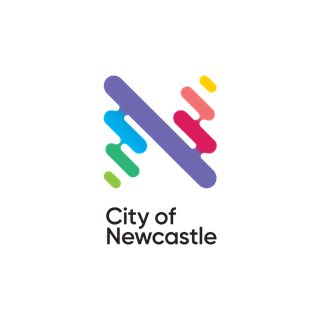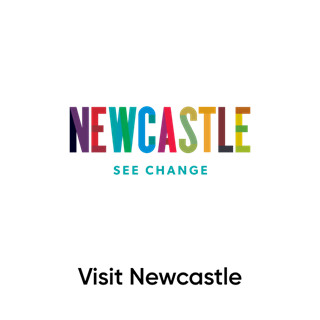
Food Selling at Markets and Events
A temporary event is any occasion which is not permanent (examples include; fairs, festivals, markets and shows). All food businesses, whether you are running a restaurant or a cake stall, must comply with the Food Safety Standards. A Temporary Event Guidelines (PDF) has been developed to make food businesses aware of their legal requirements and to suggest ways to assure food safety at the event.
If you plan to trade at an event in Newcastle you will need to contact the event organiser. It is essential to comply with the Temporary Event Guidelines (PDF) to ensure a good standard of food hygiene and to allow for easy cleaning and maintenance, please see the following illustration, Minimum Standards for the Operation of a Temporary Food Stall (PDF). Food Officer’s may then inspect your food business at the event to ensure you comply with these requirements.
Please note: You do not need to complete the Application for approval to use a standing vehicle or article for the purpose of selling food in a public place to trade at a market or event in Newcastle area.
Home manufacture
Home manufacture involves the handling of food for sale at residential premises using an existing domestic kitchen or a purpose built kitchen within the residential premises.
Before you begin home manufacturing you need to check whether this activity is permitted in your area based on the zoning of your land. Please contact our Development Duty Officer on 02 4974 2000 for information regarding home occupations/business, zoning and appropriate land use in your area.
What food standards will I need to comply with?
If you are intending on manufacturing food for sale, you will be considered to be a food business under the NSW Food Act 2003 (‘the Food Act’). All food businesses must comply with the Food Act and the requirements of that act which include the Food Standards Code, in particular the Food Safety Standards 3.2.2 and 3.2.3.
What are the minimum requirements?
Domestic kitchens may be suitable for the production of low risk foods. Each business will be assessed based on the type of food they are producing and associated risks to determine if their home kitchen is suitable. For example, you will need to demonstrate adequate cleaning and sanitising procedures such as a double bowl sink, hand soap and single use towel, a dishwasher and or chemical sanitiser, benches and floors that can be easily cleaned, safe food storage such as adequate refrigeration, effective pest control, adequate waste disposal and impeccable food handler hygiene. Contact the NSW Food Authority for general food safety information.
If my home kitchen isn’t suitable, where else could I do my manufacturing?
Food Services recommend hiring or leasing an approved commercial kitchen that is inspected annually by us if producing high risk foods such as sandwiches with meat, egg or dairy based fillings, curries and casseroles, baby foods, pates or any food products licensed by the NSW Food Authority. Contact your local sporting club, school canteen, and community hall or bowling club to see if they hire out their kitchen.
Do I need to notify anyone about my home manufacturing?
You are required to notify us by completing the Food Business Notification Form (PDF).
Will I be inspected and are there any fees?
Your business will be categorised on risk and all businesses handling open food will be inspected annually. An annual administration fee will be charged and inspection fees issued on a half an hour rate. See current Fees and Charges (PDF) for details.
Food Business Notification
You require under the Food Act 2003 and (for licensed food businesses) under the Food Regulation 2010 to notify the City of Newcastle by completing the Food Business Notification Form (PDF).
Food Safety Supervisor
High levels of both food borne illness and increasing numbers of consumer complaints within the food service industry have prompted the introduction of new legislation from the NSW Food Authority. The new legislation requires certain food business to have at least one trained food safety supervisor per food premises (not per business). Each appointed food safety supervisor will need to receive training in nationally recognised units of competency and hold a food safety supervisor certificate. Contact the NSW Food Authority for more information.
Fundraising
Charity and community groups provide valuable services to our community often sell food as part of their fundraising activities. Not-for-profit operations are not excluded from the requirement of the Food Safety Standards and provisions of the NSW Food Act 2003.
Food Standards Australia New Zealand (PDF) have developed a series of fact sheets to assist charity and community groups with their fundraising events such as cake stalls and BBQ's.











